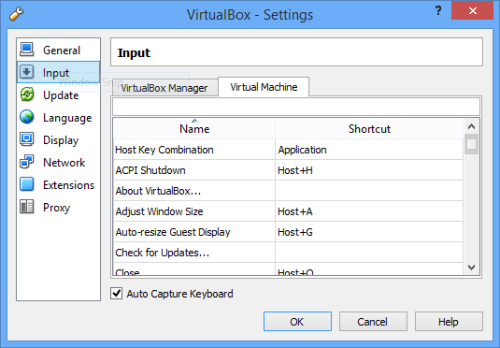

Once logged in to GitHub, you need to go to sample repository on which you have access. Ssh-rsa AAAAB3NzaC1yc2EAAAADAQABAAABAQCtyO9WjepA/vbU/0m+e2QCibi6NbyugsfARKo3EWWXHU2pitK8hzl034X0BhqHpXOLkEhyM5Thjd5XoNY8YJW+l45SZ5KrchH6W9eM1TpbvxohCxxR3ziWJctvJrvmowteW9ss/Xy+71xxx/J8k1A24z2Rs0CFMopK1PQV8SYWpegfDGyBmHPQNfLvyGV7fe44BTD5KT6mvfF+ImJDHx/jhMI4w+FvPskqJLy25B5/IGVgseB8U6rLptLKqz7zC7Eh2yD6ou33ezEpRHVA2od4+NCbxSeKyEmMB5OtHiNoPH9CaHGWrgdKQp5iOBDGC1LtkCIaGr9AuoBNee3GALJ5 need to copy this value. Your public key has been saved in /var/lib/jenkins/githubrepos/.ssh/id_rsa.pub.Ħ3:05:7f:19:ec:d0:26:cd:33:cf:a6:cf:b0:c1:f1:67 key's randomart image is:Īfter that, we can get public key from id_rsa.pub: -bash-4.2$ cat id_rsa.pub Your identification has been saved in /var/lib/jenkins/githubrepos/.ssh/id_rsa.

Below is a sample run: -bash-4.2$ ssh-keygen -t rsaĮnter file in which to save the key (/var/lib/jenkins/.ssh/id_rsa): /var/lib/jenkins/githubrepos/.ssh/id_rsaĮnter passphrase (empty for no passphrase): sshĪfter this, we’ll generate ssh key pair and give the new location to save keys: ssh-keygen -t rsa

Generate SSH Key on Jenkins Serverįirst, we create a directory named githubrepos on the Jenkins server and a hidden directory ssh under that: -bash-4.2$ mkdir githubreposĭrwxrwxr-x. You can use any repository on which you have required access. This applies to both public and private source code repositories.įor this post’s purposes, we’ll use a sample source code repository at. Here, we’ll cover how to use SSH keys to authenticate to GitHub repos. In that post, since it was a public repository, we did not tried to authenticate to GitHub. In one of the previous blog post, we have discovered how to build GitHub project using Jenkins.


 0 kommentar(er)
0 kommentar(er)
